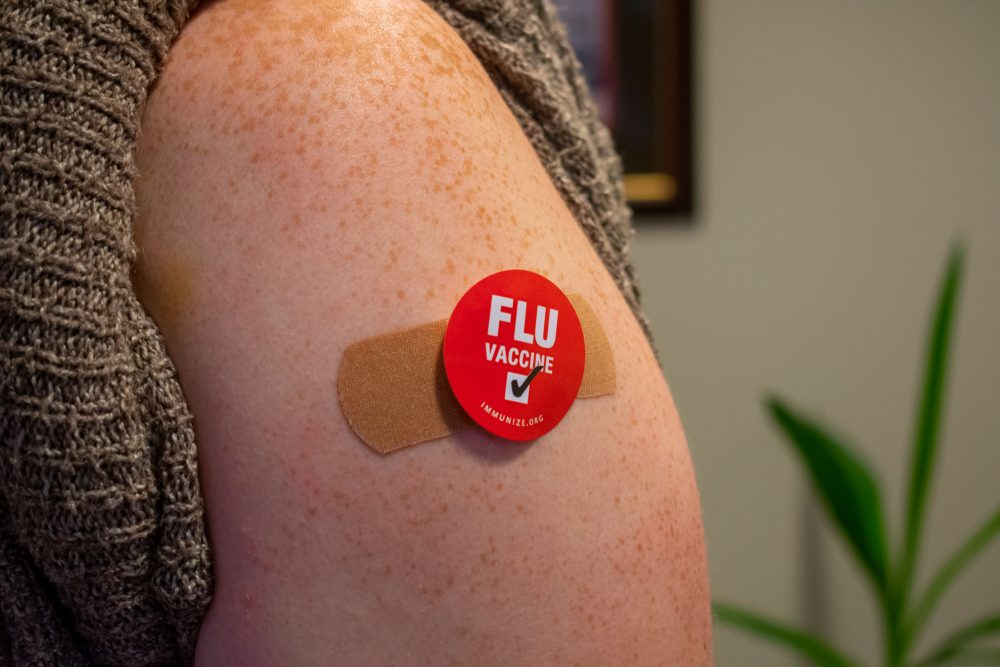A Maryland House of Delegates bill that would have allowed minors who are at least 16 to receive vaccinations without their parents’ consent was withdrawn Tuesday after it failed to receive sufficient support.
House Bill 0087 — sponsored by Del. Marc Korman (D-Montgomery) — would have required the healthcare provider to deem the minor “mature and capable” to give consent on their own. The bill was cross-filed with Senate Bill 0135, which had its hearing canceled Tuesday.
Korman introduced the bill in front of the Health and Government Operations Committee last week. During the hearing, Del. Sid Saab (R-Anne Arundel) raised concerns about a clause in the bill that would’ve allowed a doctor to determine whether a minor was mature enough to make the decision.
“It is very vague,” Saab said. “It just opens it up to a whole bunch of interpretation of what ‘mature’ is.”
[Read more: At emotional hearing, father of Jordan McNair testifies for bill named after son]
As of last year, there are 18 states that have made allowances for mature minors — in some cases as young as 12 years old — to give consent for vaccinations without parental approval.
Del. Matt Morgan (R-St. Mary’s) raised concerns with the bill leaving parents out of the “decision-making process.”
“There is tremendous benefit in getting some vaccinations. But ultimately, shouldn’t the parents be the ones deciding this?” Morgan said. “They’re minors for a reason.”
Under current Maryland law, minors can only consent to vaccinations if they are married, a parent themselves or are living apart from their parents or guardians and are financially independent.
In an email, Korman wrote that the bill’s opposition would have prevented it from getting out of committee, prompting him to withdraw it. But the legislation also had its supporters.
Sandra Quinn, a professor and chair of the family science department at the University of Maryland, has done extensive research surrounding the spread of vaccine misinformation.
[Read more: Maryland version of College Park’s “unruly social gatherings” ban falters in legislature]
The anti-vaccination movement has grown in recent years as misinformation that vaccines can cause disorders such as autism has spread. According to a poll conducted last summer on behalf of the American Osteopathic Association, more than two out of every five American adults doubted the safety of vaccines.
Quinn said this bill is part of a “small movement that’s starting around the country” of teenagers becoming more aware of the importance of vaccines.
“This bill would enable them to have a real conversation with their healthcare
provider, about both the risks and the benefits and to provide informed consent on whether they want to be vaccinated,” Quinn said Tuesday morning, before she knew of its withdrawal. “That’s an important step.”
Margaret Crosson, who works in this university’s School of Public Health, agreed. She works as a case manager at the TOGETHER Program, which seeks to improve family relationships.
“It saves and has saved millions of lives, and not getting your children vaccinated puts your own child at risk and puts others at risk,” she said. “If parents are anti, and these kids feel like they want to get it done, I think they should have the right to do so.”



